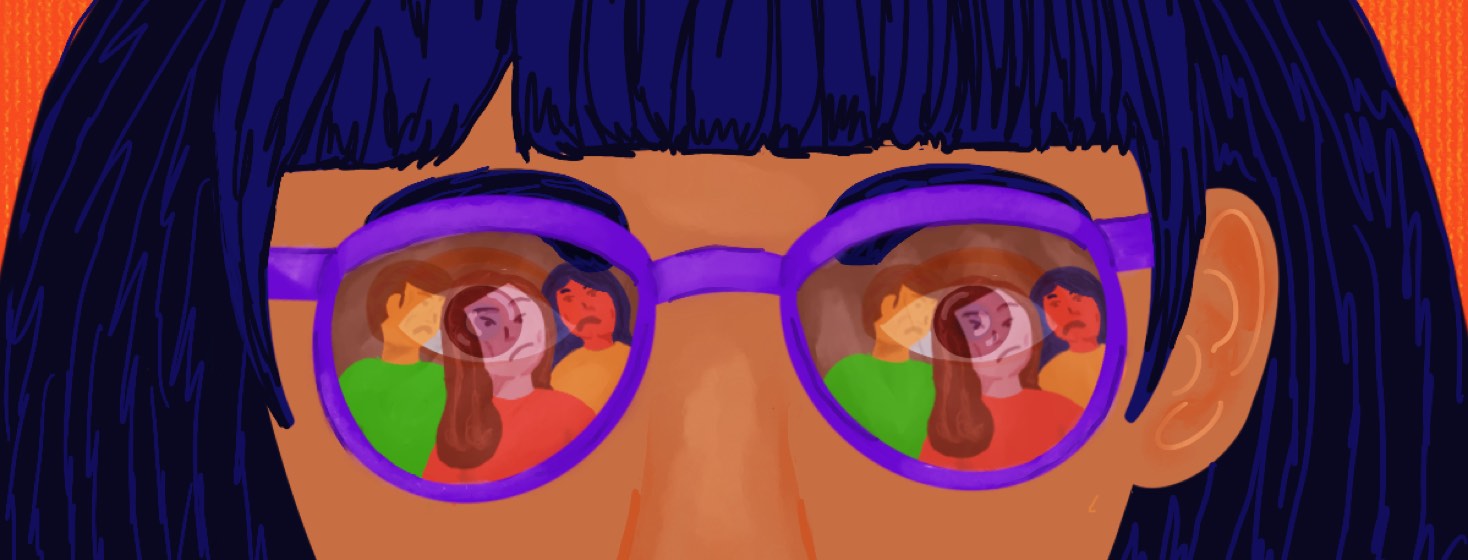Why Are Seizures Scary?
My first seizure jolted all 3 of my college roommates out of bed. Yelling, blood, and convulsions shocked and scared them because I had been a healthy college athlete up until that moment. Thankfully one of my roommates knew seizure first aid, and hospital tests that night didn’t show anything concerning, so I went on my way.
We didn't know then that the seizures to come 5 years later would be much scarier.
Seizures while driving, memory loss
First, it was me blanking out while driving with my mom to Oregon. That definitely terrified her. Then I started getting lost on running trails when jamais vu auras struck, and getting confused in my apartment when deja vu auras occurred. Those seizures left me panicked and showed me how dangerous everyday activities could be.
Scary for our loved ones
But at least I didn't have to consciously experience the larger seizures. Imagine a loved one seeing one for the first time. My sister witnessed her first seizure when I went to visit her in San Francisco.
"It was scary to look into the eyes of my sister and see someone I didn't recognize," she told me.
My mom first heard one of mine before seeing it. I was at a Michigan hospital, in the epilepsy monitoring unit. She was walking down the hallway to see me when she heard the screaming.
Neurons were firing electrical signals uncontrollably in my right frontal lobe, causing a focal impaired awareness seizure that was impacting my speech. Then she had to see one the next time I was in the hospital. "Stacia, they were scary for me," she said.
The scariest thing about seizures
What's scariest for people with seizures and their loved ones is the unknown.
Is a new medication or the ketogenic diet going to work? If surgery is an option, is it worth the risks? Will memory continue to worsen if the seizures continue?
My epileptologist told me that seizures can become more severe if they aren't controlled.
Witnessing a seizure for the first time
While seizures can be frightening for people with epilepsy and their loved ones, I can understand why seizures might also alarm bystanders who have never witnessed one before.
Before I started having seizures I hadn't seen one. I know I would have been frightened to see someone experiencing a tonic-clonic seizure for the first time because it's hard to fathom the brain flipping on a dime, to see someone talking normally and then watch them suddenly drop to the ground in convulsions.
It can be uncomfortable to realize the brain is capable of so many things, yet also vulnerable to chaos when brain cells malfunction.
During seizures, people have been known to run into traffic, undress in public, and in my case, scream and wave my arms. I used to get really frustrated with people who were quick to judge following one of my seizures instead of asking if I was OK. A guy at a gym told me I had a multiple-personality disorder after noticing my seizure on a stationary bike.
Putting fear aside to help
Yes, seizures can be scary to see, but my hope is that people will set aside their fear and call for help right away if they witness one and aren't sure what to do.
I also hope that people will choose empathy and a helping hand to a stranger following a seizure – like a doctor at O'Hare International Airport in Chicago once did for me – because in my experience, it was very comforting to have somebody reassuring me that I was safe and that I would be OK.

Join the conversation